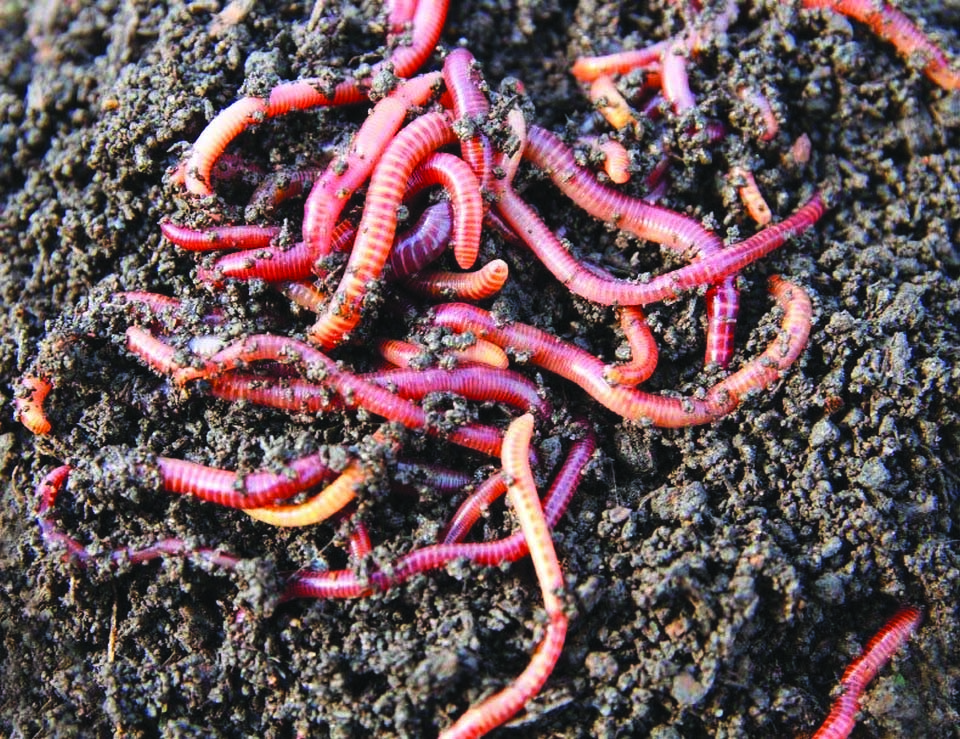
Kenyan farmers are turning to an innovative and eco-friendly solution to improve their soil health and boost yields: worm juice. This natural fertilizer, derived from the by-products of vermiculture (worm farming), is rapidly gaining popularity among agricultural communities in Kenya for its multiple benefits. Kenyan farmers are turning to a
What is Worm Juice?
Worm juice, also known as worm tea or vermicompost tea, is a liquid fertilizer produced by the leachate of decomposing organic matter in worm bins. As worms digest organic waste, they excrete castings that contain a rich mix of beneficial microorganisms, enzymes, and nutrients. When water passes through these castings, it extracts these valuable components, resulting in a potent liquid fertilizer.
The Science behind Worm Juice
The effectiveness of worm juice lies in its composition. Rich in essential nutrients like nitrogen, phosphorus, and potassium, it also contains trace elements such as calcium, magnesium, and iron. These nutrients are crucial for plant growth and development. Furthermore, the microorganisms present in worm juice, including bacteria, fungi, and protozoa, play a significant role in improving soil health by breaking down organic matter and making nutrients more available to plants.
The enzymes in worm juice help in the decomposition process and the cycling of nutrients. These enzymes, including phosphatase, cellulase, and protease, aid in breaking down complex organic molecules into simpler forms that plants can readily absorb. This not only enhances plant nutrition but also improves soil structure and fertility over time.
Benefits of Worm Juice
- Enhanced Soil Fertility
Worm juice is rich in essential nutrients such as nitrogen, phosphorus, and potassium. These nutrients are readily available to plants, promoting healthier growth and increased yields. The presence of trace elements further enhances the nutritional profile of the soil, leading to more robust plant development. - Improved Soil Structure
The microorganisms and enzymes in worm juice help improve soil structure by enhancing aeration and water retention. This leads to better root development and overall plant health. Improved soil structure also reduces erosion and compaction, creating a more resilient agricultural system. - Pest and Disease Resistance
Worm juice contains beneficial microorganisms that help suppress soil-borne diseases and pests. This natural biocontrol reduces the need for chemical pesticides, leading to a healthier environment and safer produce. The presence of beneficial fungi and bacteria can outcompete harmful pathogens, creating a more balanced and healthy soil ecosystem. - Cost-Effective
For many Kenyan farmers, worm juice is an affordable alternative to chemical fertilizers. It can be produced on-site using organic waste materials, reducing input costs and promoting sustainable farming practices. This cost-effectiveness is particularly beneficial for small-scale farmers who often struggle with the high costs of agricultural inputs.
Sustainable Agriculture and the Future
The use of worm juice aligns with global efforts to promote sustainable agriculture and reduce the environmental impact of farming. By recycling organic waste into valuable fertilizer, farmers not only enhance their soil health but also contribute to waste reduction and environmental conservation. This sustainable approach helps in mitigating the effects of climate change and promotes biodiversity.
As awareness about the benefits of worm juice spreads, more Kenyan farmers are likely to adopt this practice, leading to increased food security and economic stability. The Kenyan government and agricultural extension services are encouraged to support vermiculture initiatives through training and resources, ensuring that farmers can maximize the benefits of this natural fertilizer. Government programs could include subsidies for vermiculture equipment, workshops on best practices, and research funding to further explore the benefits of worm juice.
Educational institutions can also play a role by incorporating vermiculture and sustainable farming practices into their curricula. By educating the next generation of farmers, we can ensure that the benefits of worm juice and other sustainable practices continue to grow.
Challenges and Considerations
While worm juice offers numerous benefits, there are challenges to consider. The initial setup of vermiculture systems requires knowledge and resources. Farmers need training to effectively manage worm bins and produce high-quality worm juice. Additionally, large-scale adoption may require community efforts and cooperative models to ensure that all farmers, especially smallholders, can benefit.
Another consideration is the consistency of worm juice quality. The nutrient content of worm juice can vary depending on the organic matter used and the conditions of the worm bin. Regular testing and standardization can help ensure that farmers receive a consistent and effective product.
To sum it all, worm juice is proving to be a game-changer, offering a sustainable and cost-effective solution to improve soil health and boost crop yields. As more farmers embrace this practice, the future of agriculture looks brighter, with healthier soils, higher productivity, and a more sustainable approach to farming.
